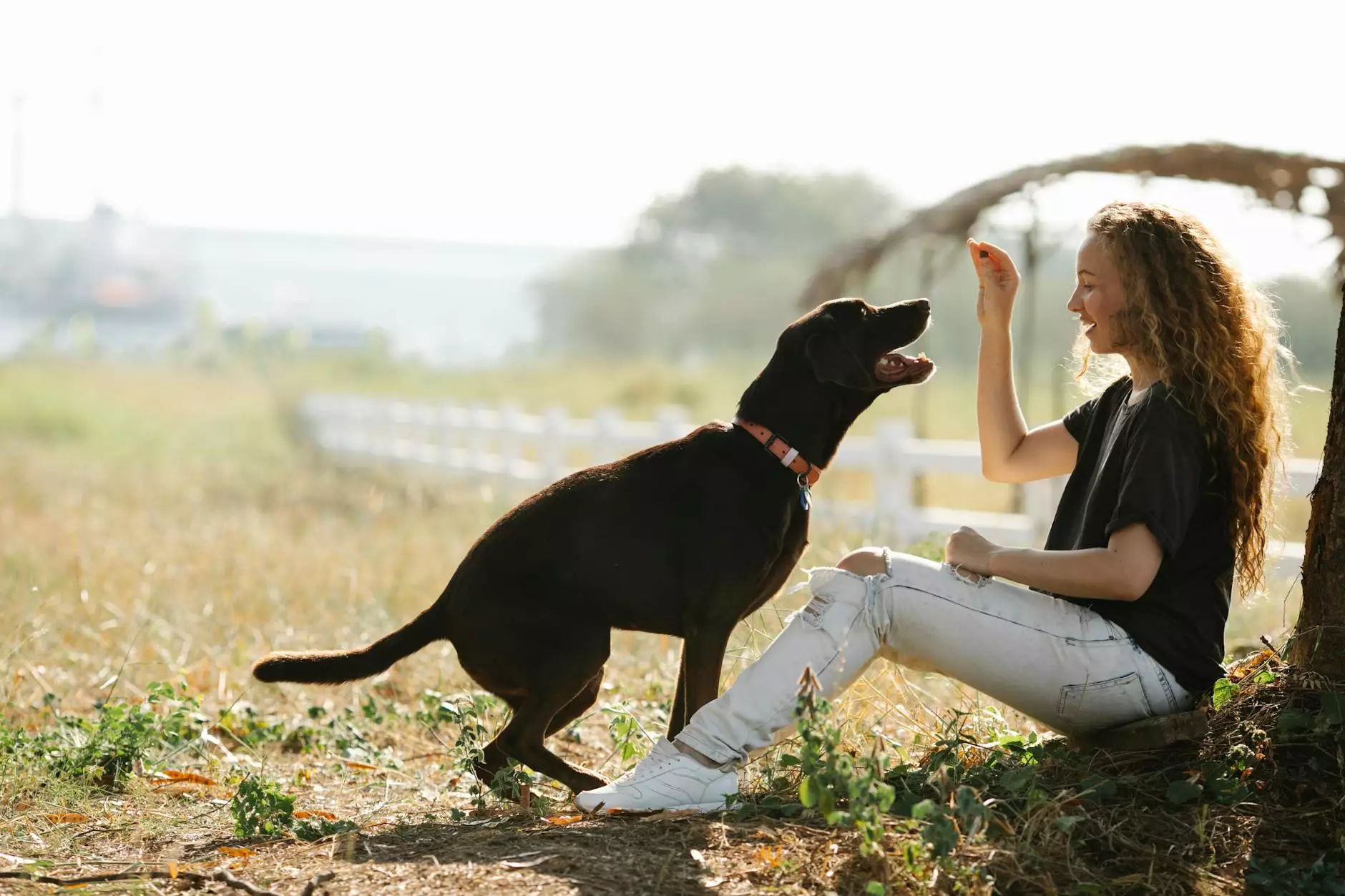Pancreatitis - A Comprehensive Guide for Savannah Cat Owners

Introduction
Welcome to Exotico Savannahs' comprehensive guide on pancreatitis in Savannah cats. In this article, we will explore the various aspects of this condition, including its causes, symptoms, and treatment options. We aim to provide you with valuable information to help you better understand pancreatitis and manage it effectively.
Understanding Pancreatitis
Pancreatitis is an inflammatory condition that affects the pancreas, an important organ responsible for producing digestive enzymes and regulating blood sugar levels. While it can affect any cat breed, it is crucial for Savannah cat owners to be aware of the signs and risks associated with pancreatitis.
Causes of Pancreatitis in Savannah Cats
Pancreatitis in Savannah cats can develop due to various factors. Some common causes include:
- Diet: High-fat diets or sudden dietary changes can trigger pancreatitis.
- Obesity: Savannah cats that are overweight or obese are more susceptible to developing pancreatitis.
- Feline Triaditis: This refers to the concurrent inflammation of the pancreas, liver, and intestines, often seen in Savannah cats.
- Bacterial Infections: Infections affecting the gastrointestinal tract can lead to pancreatitis.
- Genetic Predisposition: Some Savannah cats may have a genetic predisposition to develop pancreatitis.
- Other Factors: Trauma, certain medications, and underlying health conditions can also contribute to pancreatitis.
Symptoms
Recognizing the symptoms of pancreatitis is essential for early detection and prompt medical intervention. Common signs of pancreatitis in Savannah cats may include:
- Loss of Appetite: Cats with pancreatitis often experience a decrease in appetite.
- Abdominal Pain: Savannahs may show signs of discomfort, such as abdominal tenderness or hunching.
- Vomiting: Persistent vomiting, especially after meals, could indicate pancreatitis.
- Lethargy: Cats may show a lack of energy or appear more lethargic than usual.
- Weight Loss: Unexplained weight loss may occur in cats suffering from pancreatitis.
- Dehydration: Reduced water intake and dehydration are common symptoms.
- Jaundice: In severe cases, yellowing of the eyes or gums can be observed.
Treatment and Management
If you suspect your Savannah cat has pancreatitis, it is important to consult a veterinarian promptly for an accurate diagnosis. Treatment options may include:
- Fluid Therapy: Intravenous fluids may be administered to correct dehydration and maintain hydration.
- Dietary Changes: Your veterinarian may recommend a specialized diet with low-fat content to support the pancreas during recovery.
- Medication: Medications such as anti-nausea drugs or pain relievers may be prescribed to manage symptoms.
- Underlying Condition Management: If pancreatitis is a result of an underlying condition, proper management of that condition becomes crucial.
- Monitoring and Follow-up: Regular check-ups and monitoring are necessary to assess your Savannah cat's progress and adjust the treatment plan as needed.
Preventing Pancreatitis in Savannah Cats
While not all cases of pancreatitis can be prevented, there are steps you can take to minimize the risk:
- Healthy Diet: Provide your Savannah cat with a balanced diet, avoiding excessive amounts of fatty foods.
- Weight Management: Help your cat maintain a healthy weight through regular exercise and portion control.
- Hydration: Ensure your cat has access to fresh water at all times to prevent dehydration.
- Schedule Regular Vet Visits: Routine check-ups can help detect any underlying health issues and intervene at an early stage.
- Stress Management: Create a calm and stress-free environment for your Savannah cat, as stress can contribute to pancreatitis.
Conclusion
In conclusion, pancreatitis is a condition that can potentially affect Savannah cats. By being informed about the causes, symptoms, treatment, and prevention methods, you can better care for your beloved feline companion. Remember, early detection and proactive management are crucial for the well-being of your Savannah cat. If you have any concerns or suspect pancreatitis, reach out to your veterinarian for professional guidance and support.




